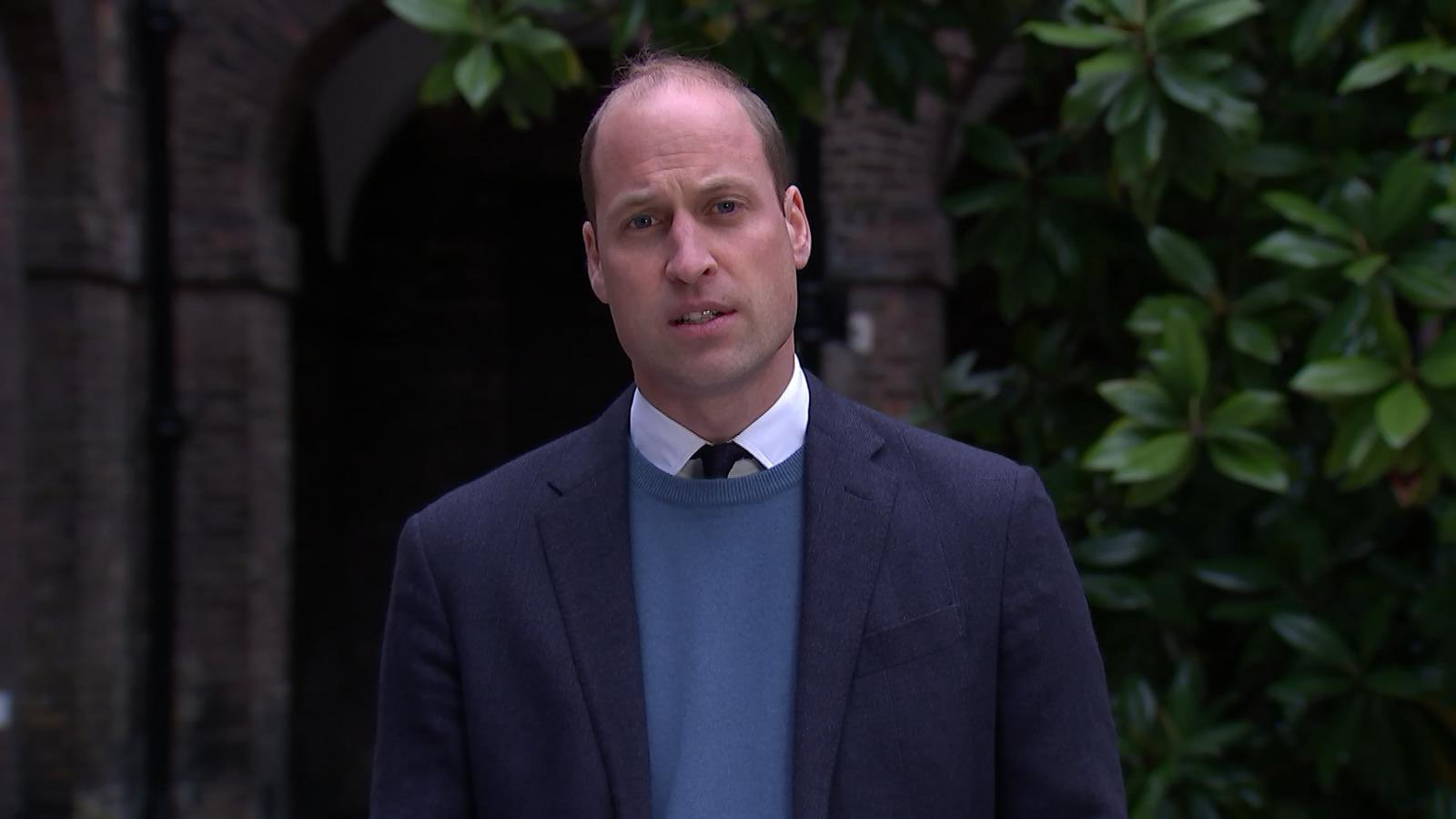Prince William has slammed the BBC over a “deceitful” interview they obtained with his mother, Princess Diana, back in 1995.
Last year, the BBC hired independent investigators to discover how the corporation and journalist Martin Bashir landed the scoop – amid claims he used unethical tactics to secure the interview.
The inquiry was led by former Supreme Court judge Lord Dyson, and his report on the investigation was published today.
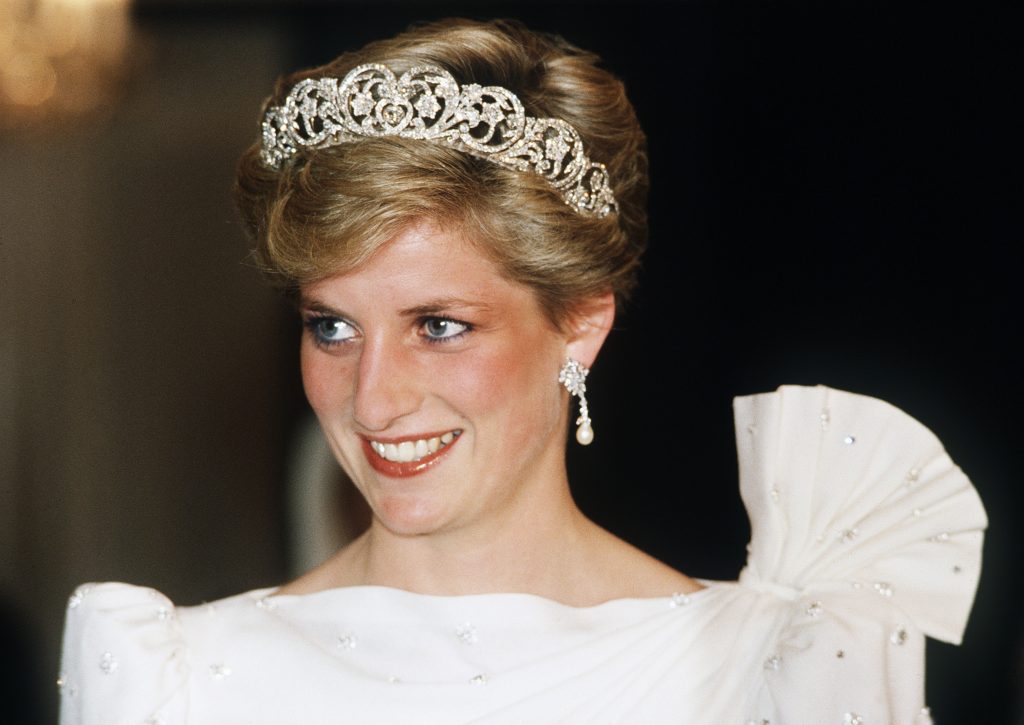
The investigation found that Bashir engaged in “deceitful behaviour” by commissioning fake bank statements to land the interview with Diana, which was a “serious breach” of the BBC’s editorial guidelines.
In his 127-page report, Lord Dyson criticised the conduct of the BBC’s former director-general Tony Hall, and said: “Without justification, the BBC fell short of the high standards of integrity and transparency which are its hallmark.”
After the report was published online, Prince William addressed Lord Dyson’s findings in an emotional statement outside Kensington Palace.
William said: “I would like to thank Lord Dyson and his team for the report. It is welcome that the BBC accepts Lord Dyson’s findings in full, which are extremely concerning.”
A statement on today’s report of The Dyson Investigation pic.twitter.com/uS62CNwiI8
— The Duke and Duchess of Cambridge (@KensingtonRoyal) May 20, 2021
The Duke of Cambridge said BBC employees “lied and used fake documents to obtain the interview with my mother” and “made lurid and false claims about the Royal Family which played on her fears and fuelled paranoia”.
He also said BBC employees “displayed woeful incompetence when investigating complaints and concerns about the programme” and were “evasive in their reporting to the media and covered up what they knew from their internal investigation.”
William continued: “It is my view that the deceitful way the interview was obtained substantially influenced what my mother said. The interview was a major contribution to making my parents’ relationship worse and has since hurt countless others.”
“It brings indescribable sadness to know that the BBC’s failures contributed significantly to her fear, paranoia and isolation that I remember from those final years with her.”
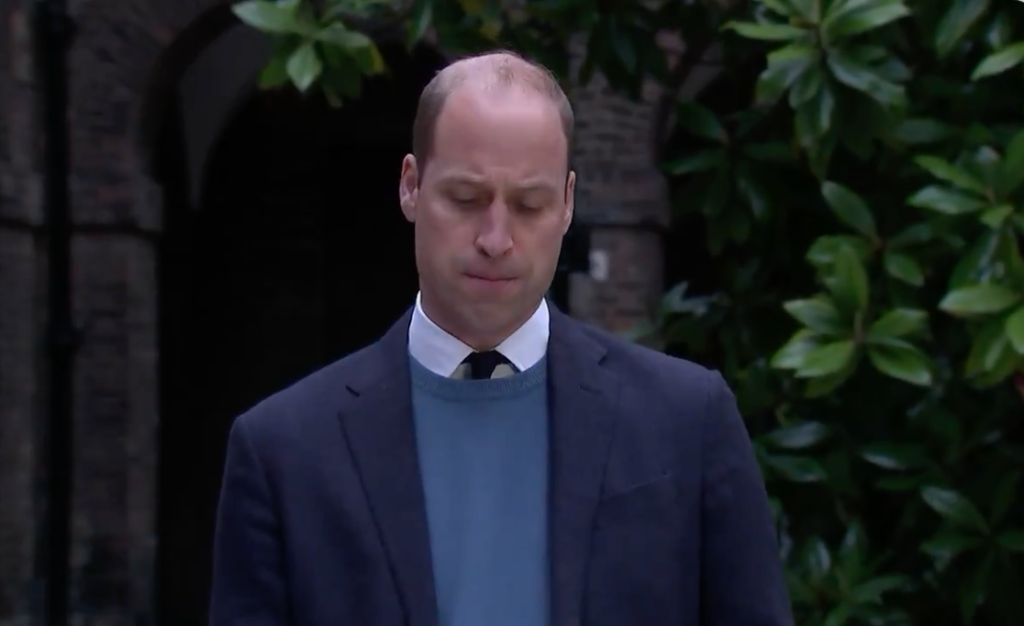
“But what saddens me most, is that if the BBC had properly investigated the complaints and concerns first raised in 1995, my mother would have known that she had been deceived.”
“She was failed not just by a rogue reporter, but by leaders at the BBC who looked the other way rather than asking the tough questions.”
“It is my firm view that this Panorama programme holds no legitimacy and should never be aired again. It effectively established a false narrative which, for over a quarter of a century, has been commercialised by the BBC and others,” he said.
“This settled narrative now needs to be addressed by the BBC and anyone else who has written or intends to write about these events.”
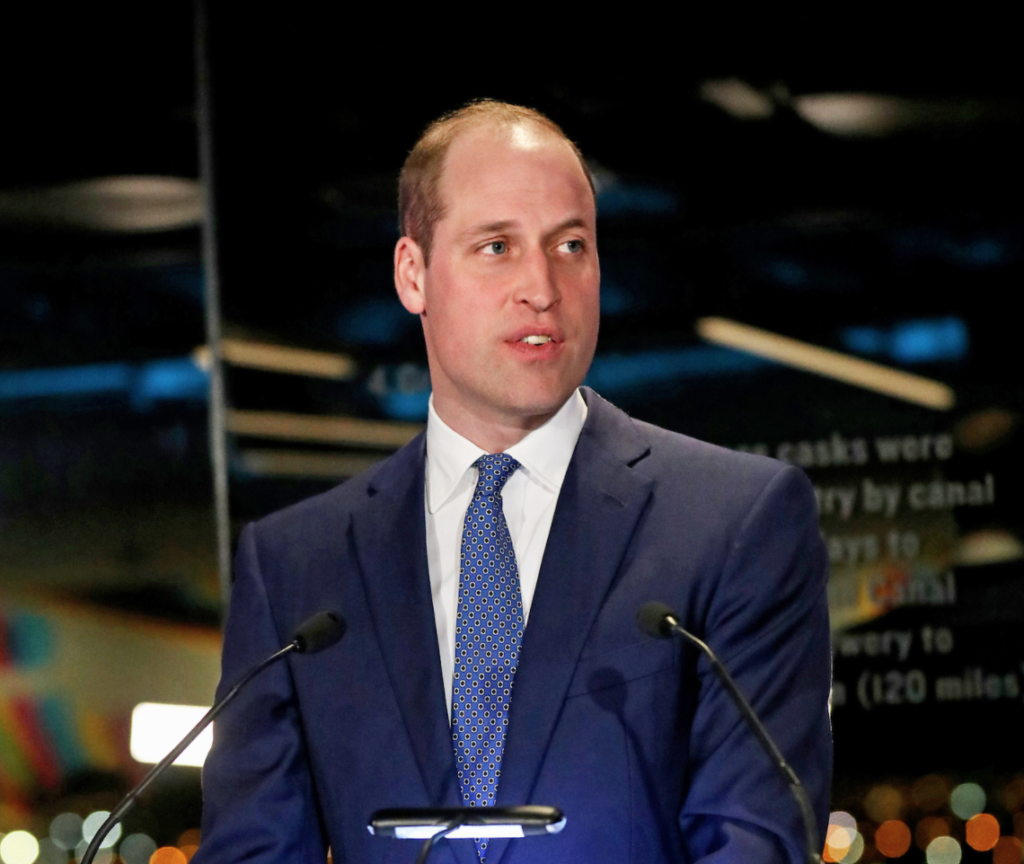
“In an era of fake news, public service broadcasting and a free press have never been more important. These failings, identified by investigative journalists, not only let my mother down, and my family down; they let the public down too.”
Prince Harry has also released a statement addressing the investigation.
The Duke of Sussex wrote: “Our mother was an incredible woman who dedicated her life to service. She was resilient, brave, and unquestionably honest. The ripple effect of a culture of exploitation and unethical practices ultimately took her life.”
“To those who have taken some form of accountability, thank you for owning it. That is the first step towards justice and truth. Yet what deeply concerns me is that practices like these— and even worse—are still widespread today.”
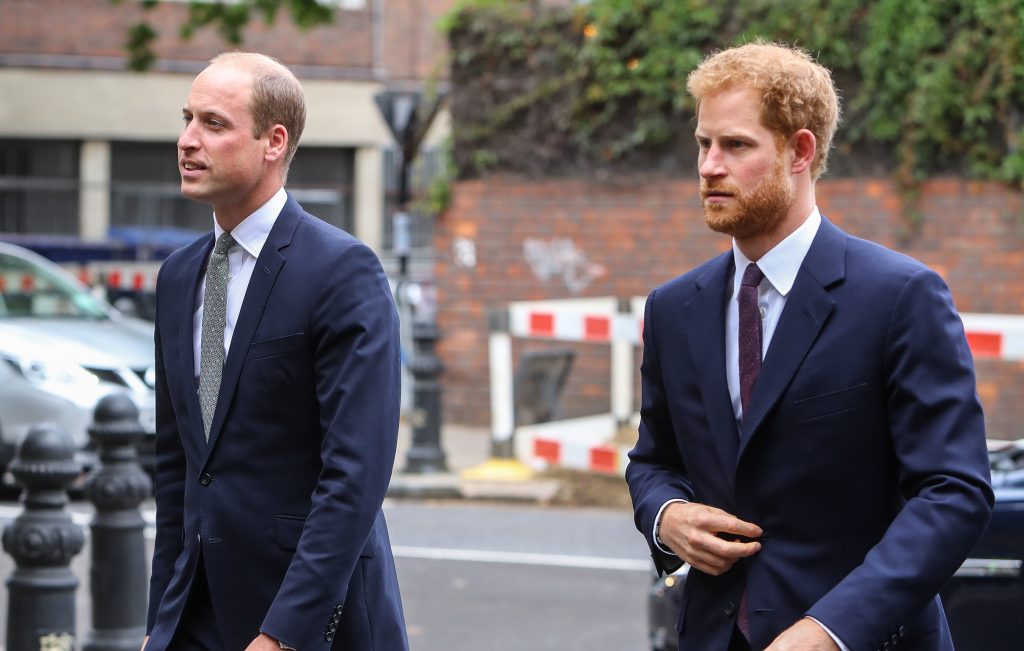
“Then, and now, it’s bigger than one outlet, one network, or one publication. Our mother lost her life because of this, and nothing has changed.”
The BBC’s current director-general, Tim Davie, said the corporation accepted the findings of Dyson’s investigation “in full”.
“Although the report states that Diana, Princess of Wales, was keen on the idea of an interview with the BBC, it is clear that the process for securing the interview fell far short of what audiences have a right to expect,” he said
“The BBC should have made greater effort to get to the bottom of what happened at the time and been more transparent about what it knew. While the BBC cannot turn back the clock after a quarter of a century, we can make a full and unconditional apology.”

